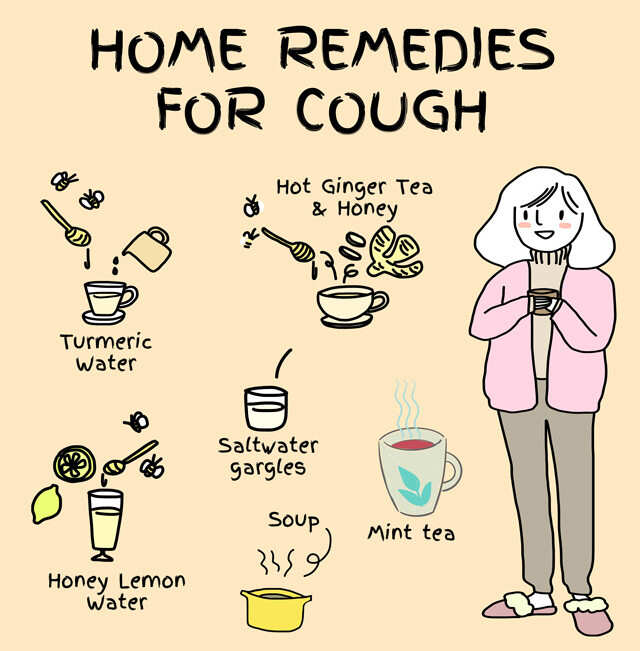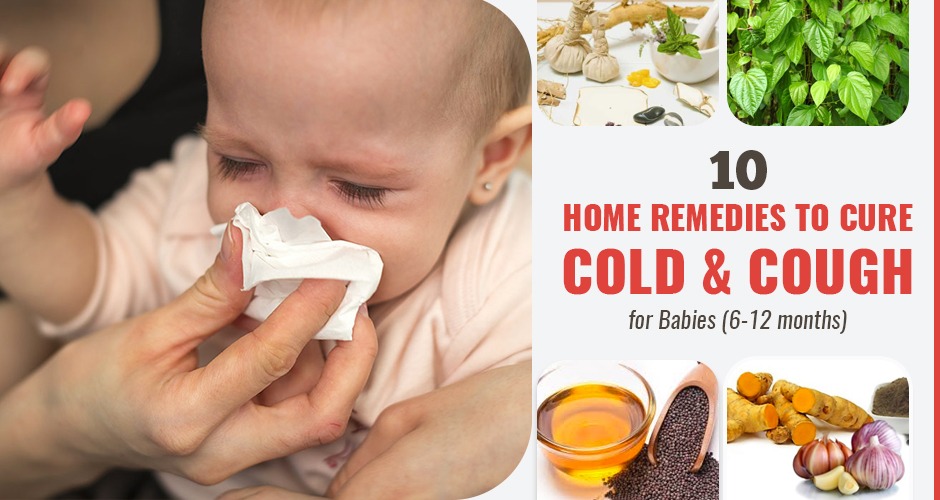Who Else Wants Info About How To Cure A Dog's Cough

Your veterinarian will ask questions about your dog’s health history, travel, and preventive care, and when the dog coughing symptoms started and how the dog’s coughing has progressed.
How to cure a dog's cough. You can also help your dog recover quickly by boosting its immune system with probiotics, vitamins, and rest. Treating dog cough. Honey has many proven benefits, and it has been used for different ailments in animals for centuries.
Quarantine sick dogs. Lemon and honey can soothe any sore throat. This may indicate issues in the lungs.
Herbs & honey image via amazon some herbs are thought to relieve dog cold symptoms. Your veterinarian may prescribe cough suppressants to make your dog more comfortable. Keep an eye on your dog’s breathing patterns and note any changes or worsening symptoms.
If your dog's cough persists, you can try a home remedy to soothe his throat or airways. Remedies and treatments for kennel cough. Essential oils seem to be popping up everywhere.
Check for signs of illness. Before your veterinarian can treat your dog’s cough, however, he or she has to diagnose the underlying cause of the cough. Once your vet determines the underlying cause of your dog’s cough, they will discuss the best treatment plan.
There are several causes for kennel cough in dogs, including canine virus (sv5), canine adenovirus 2, bordatella bronchiseptica, and several mycoplasma species ( 1 ). Each time your dog coughs, they release aerosol particles that can spread illness. Because of this, if you think your dog has kennel cough, make sure to move them away from other dogs immediately.
Steam aromatherapy fluids rest using a harness avoiding smoke when to see a vet 1. But it’s also possible that they have. If your dog has a wet cough, you should get your dog to the vet quickly.
Healthy dogs typically recover from a bout of kennel cough after resting for a week or two. Common, natural remedies used to treat kennel cough are honey, humidifiers, and chicken stock. Give it to your dog twice daily, 1 tbsp for an average sized (50 lb) dog, 1 tsp for a cat.
However, antitussives are not indicated until specific diseases have been ruled out or appropriately managed. You can treat kennel cough naturally with a variety of methods. A dry cough sometimes indicates that there is an issue with the throat and upper airway.
Even while congested, your dog has a powerful nose! Provide your sick dog with a quiet, isolated resting place, and keep your other dogs separate until the symptoms subside. Lavender oil soothes and calms remember, a little bit of aromatherapy goes a long way.


















